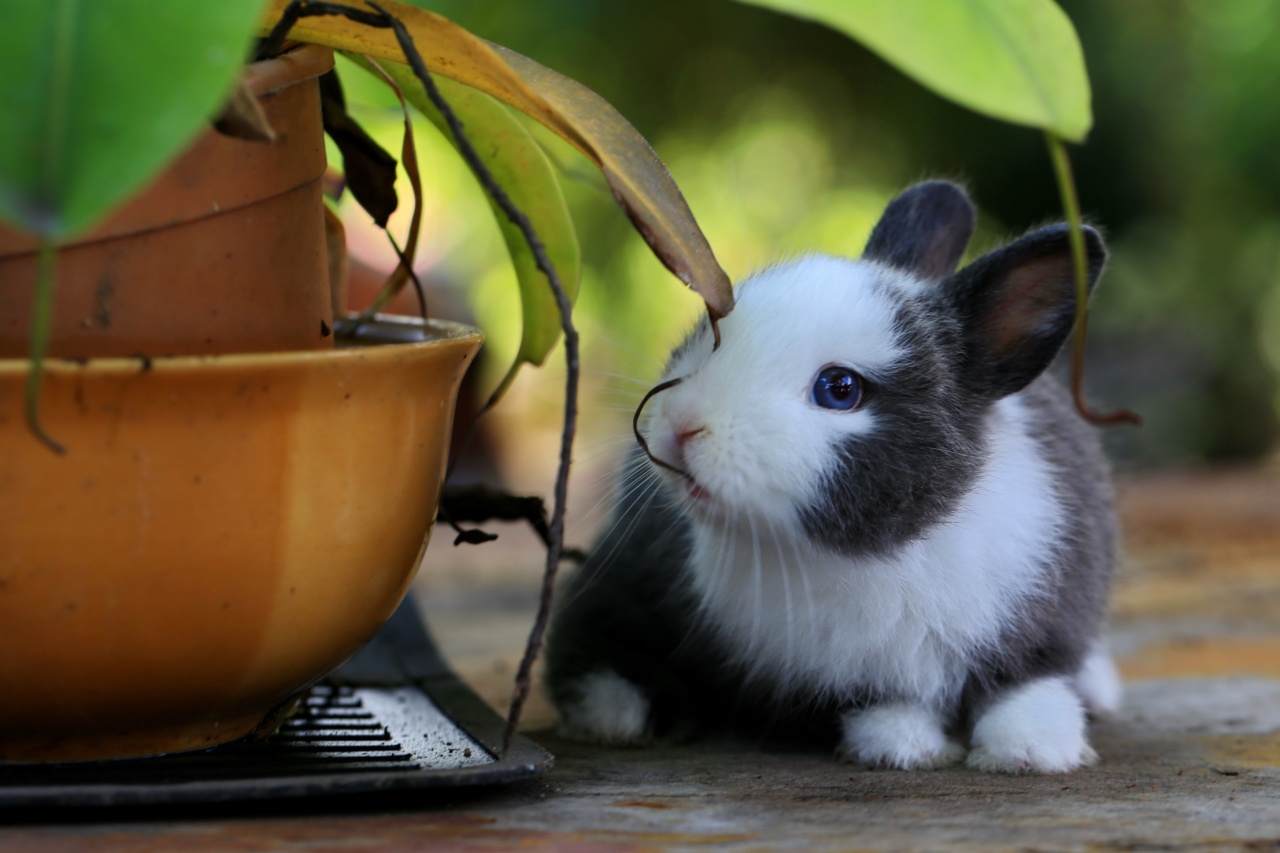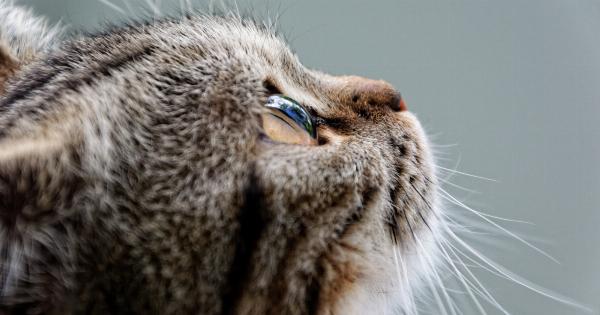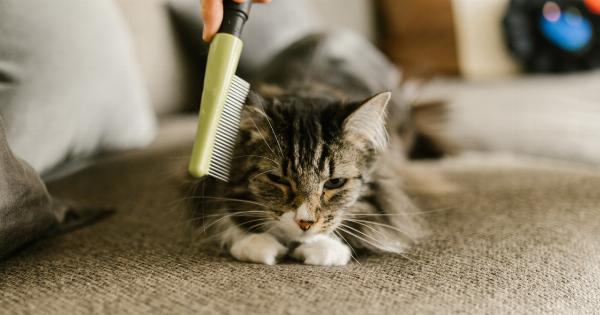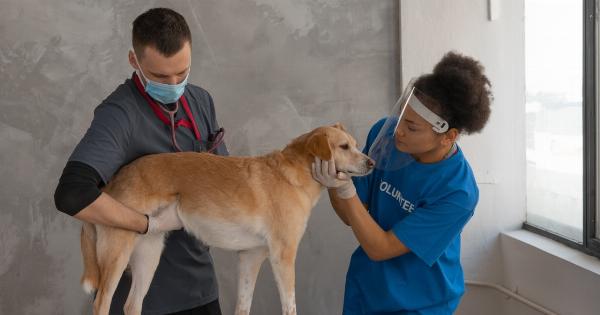Easter is a time for celebration and indulgence.
It’s the perfect occasion to enjoy delicious treats with your loved ones, but what about your furry friends? As much as we want to share the joy with our pets, Easter treats can be hazardous to their health. Here are some reasons why you should think twice before sharing your Easter treats with your furry friends.
1. Chocolate
Chocolate is one of the most common treats during Easter. However, it’s also one of the most dangerous to your pets. Chocolate contains caffeine and theobromine, stimulants that can be toxic to dogs and cats.
The darker the chocolate, the more dangerous it is to your pet. Even a small amount of chocolate can cause vomiting, diarrhea, seizures, and even death. Keep all chocolate away from your pets, and seek veterinary care immediately if they consume any.
2. Easter Eggs
Easter eggs are another popular treat during Easter. However, if you have pets at home, be careful where you hide them. Plastic eggs can be mistaken for toys and broken eggs may pose a risk of choking or intestinal damage if ingested.
Additionally, eggs left at room temperature for a long time can spoil and cause food poisoning. Make sure you hide eggs out of reach of your pets, and clean up any broken eggs immediately.
3. Candy
Candy is another treat that is commonly shared during Easter. However, most candy contains sugar and artificial sweeteners that are not safe for pets.
Xylitol, a sugar substitute commonly found in sugar-free candy, can cause a rapid insulin release in dogs, leading to hypoglycemia (low blood sugar). Symptoms include vomiting, loss of coordination, and seizures. Keep all candy away from your pets, and seek veterinary care immediately if they consume any.
4. Fatty Foods
During Easter, it’s common to indulge in fatty foods like ham, lamb, and other meats. However, fatty foods can be hazardous to your pets’ health, especially if they are not used to eating human food.
Eating fatty foods can cause pancreatitis, a painful and sometimes fatal condition that affects the pancreas. Symptoms include vomiting, diarrhea, loss of appetite, and abdominal pain. Keep all fatty foods away from your pets, and opt for pet-friendly treats instead.
5. Decorations
Easter decorations can be hazardous to pets if ingested. Easter grass, a popular decoration for Easter baskets, can cause intestinal blockages if ingested.
Other decorations, such as plastic eggs, ribbons, and small toys, can pose a choking hazard if ingested. Keep all decorations away from your pets, and watch them closely to make sure they don’t ingest anything they shouldn’t.
6. Alcohol
Alcohol is another common treat during Easter, but it’s important to keep it away from your pets. Even small amounts of alcohol can be toxic to pets, causing vomiting, diarrhea, difficulty breathing, and even death.
Be sure to keep all alcoholic beverages away from your pets, and seek veterinary care immediately if they consume any.
7. Flowers
Flowers are a popular decoration during Easter, but some can be toxic to pets. Lilies, for example, are highly toxic to cats and can cause kidney failure.
Other plants, such as daffodils and tulips, can cause vomiting, diarrhea, and other gastrointestinal symptoms if ingested. Keep all flowers away from your pets, and make sure they don’t have access to any plants or flowers in your home or garden.
8. Medication
If you have guests over during Easter, make sure they don’t leave any medication out that can be harmful to your pets.
Common medications like pain relievers and cold medicines can be toxic to pets if ingested, causing vomiting, diarrhea, and other symptoms. Make sure all medication is stored in a safe place away from your pets, and educate your guests about the risks of leaving medication within reach of your pets.
9. Table Scraps
Table scraps are another common hazard during Easter. While it may be tempting to share your meal with your pets, certain foods can be toxic to them.
Onions, garlic, and chives can cause anemia in dogs and cats, while grapes and raisins can cause kidney failure. Keep all table scraps away from your pets, and opt for pet-friendly treats instead.
10. Overindulgence
Finally, overindulgence can be hazardous to your pets’ health. Just like humans, pets can suffer from digestive problems and weight gain if they consume too much food.
Make sure you don’t overfeed your pets during Easter, and limit their intake of treats.
Easter is a fun and festive time, but it’s important to keep your pets safe. With these tips in mind, you can enjoy the holiday with your furry friends without putting their health at risk.



























